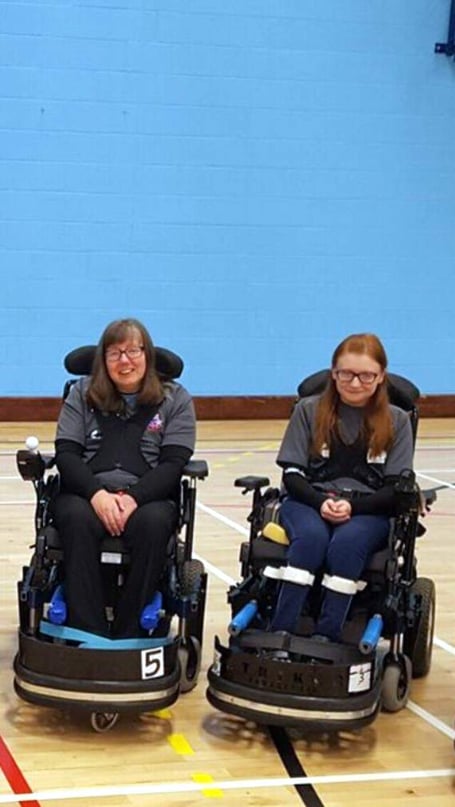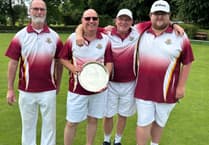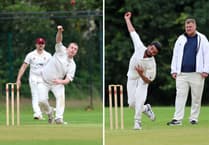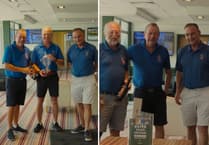A mother and daughter from Liskeard with the same muscle-wasting condition were among nearly 50 powerchair football players at Nottingham Trent University to play in the UK’s fastest-growing disability sport.
Annette Lee-Julian (46) and Amy (19) play for the SW All Stars in the Muscular Dystrophy UK Championship and are among more than 1,000 players who train with 50 regional teams each week.
Including sub-teams, there are around 90 Powerchair football clubs in the country.
Annette and Amy both have Charcot-Marie-Tooth Type 2. They have been playing powerchair football for five years and say the sport has given them independence.
Annette said: ‘With severe disabilities, this is the only competitive sport we can take part in. We don’t mind travelling so far to play because these weekends are incredibly good fun and the social side is absolutely fantastic.’
Twelve teams played in Nottingham in four or five games, as part of the annual 132 fixtures played over five weekends.
A great start to week three of the championships saw SW All Stars record back-to-back 3-1 wins over Middlesbrough Reserves and Telford PFC.
Following this, the side were quickly penned back against promotion-challengers AFC Bournemouth Warriors on Sunday, conceding three goals in both halves in an unfortunate 6-0 loss.
Cheltenham would have hoped for a more positive end to 2018, but struggled to break down a stubborn Norwich City defence in a 4-1 defeat.
The winning league team is decided on May 4 and 5 based on the overall number of points gained throughout the competition.
More than half of the players have a muscle-wasting condition and sponsors Muscular Dystrophy UK are the biggest financial supporter. Other people who play have cerebral palsy and brittle bones.
Powerchair football is a unique team sport because it accessible to anyone who uses an electric wheelchair and welcomes players of all ages and sexes. Similar to football, the aim is to score goals against your opponent. Each team has four players and each player has a bumper on the front of their chair which they use to dribble, pass and shoot.
Robert Burley, Director of Campaigns, Care and Support for Muscular Dystrophy UK, said: ‘Powerchair football has a huge impact on the quality of the lives of many people we work with.
’Conditions like muscular dystrophy can make it hard to take part in sport, but Powerchair football ensures that people in wheelchairs can compete.
‘Muscular Dystrophy UK is proud to support the sport by sponsoring leagues in England and Scotland, as well as by raising awareness and providing grants for equipment.
’We wish all competitors the very best of luck for the rest of the season.’





Comments
This article has no comments yet. Be the first to leave a comment.